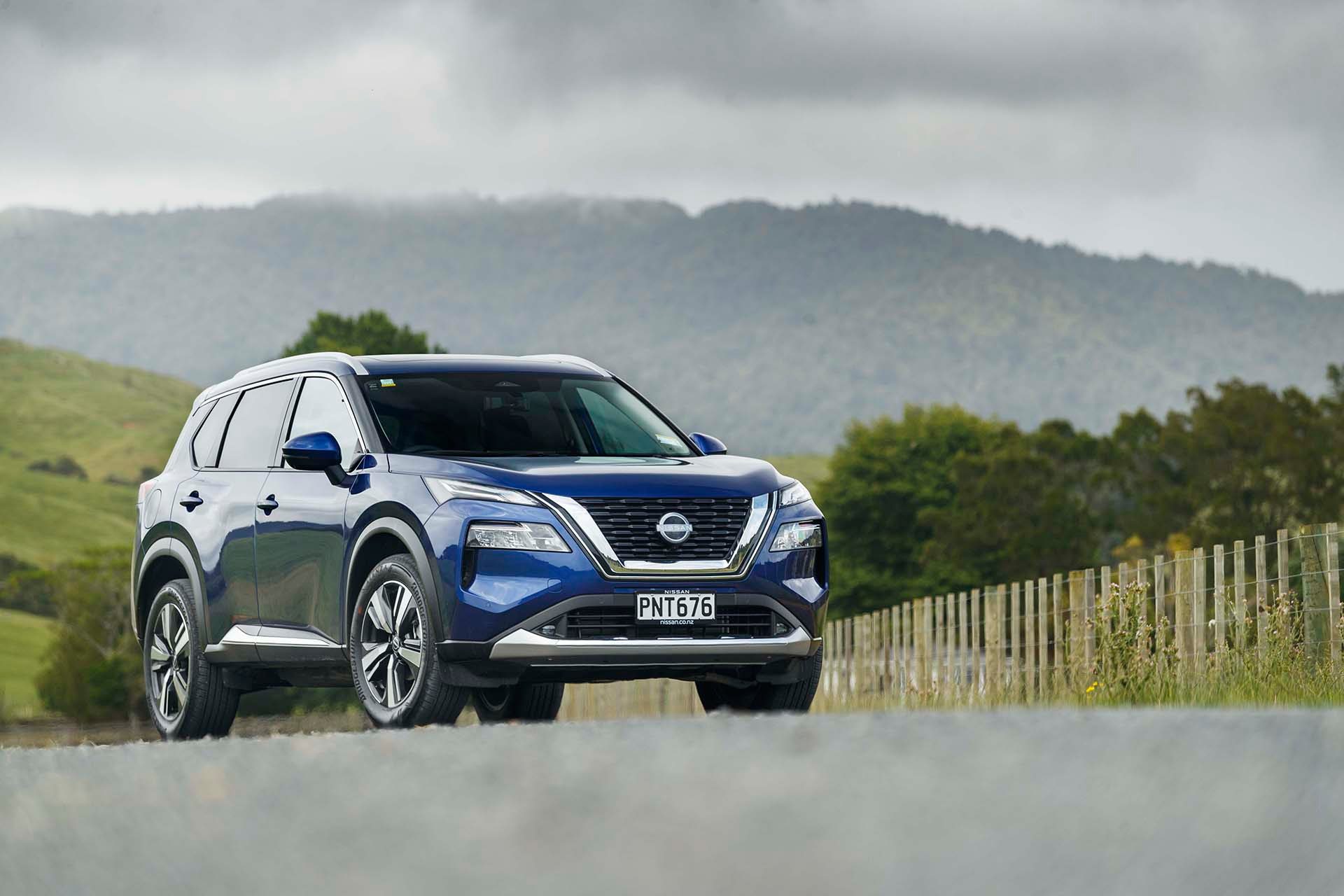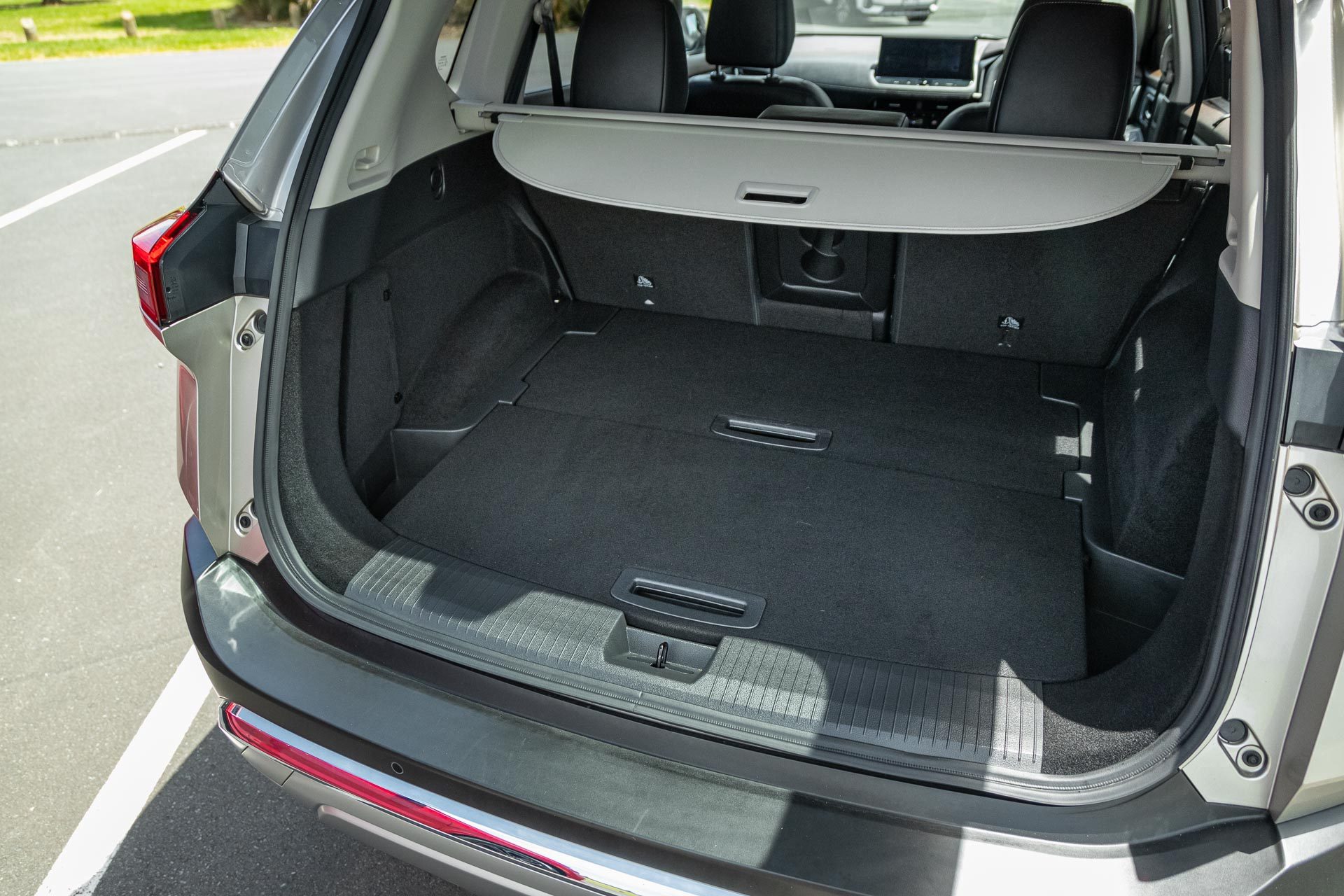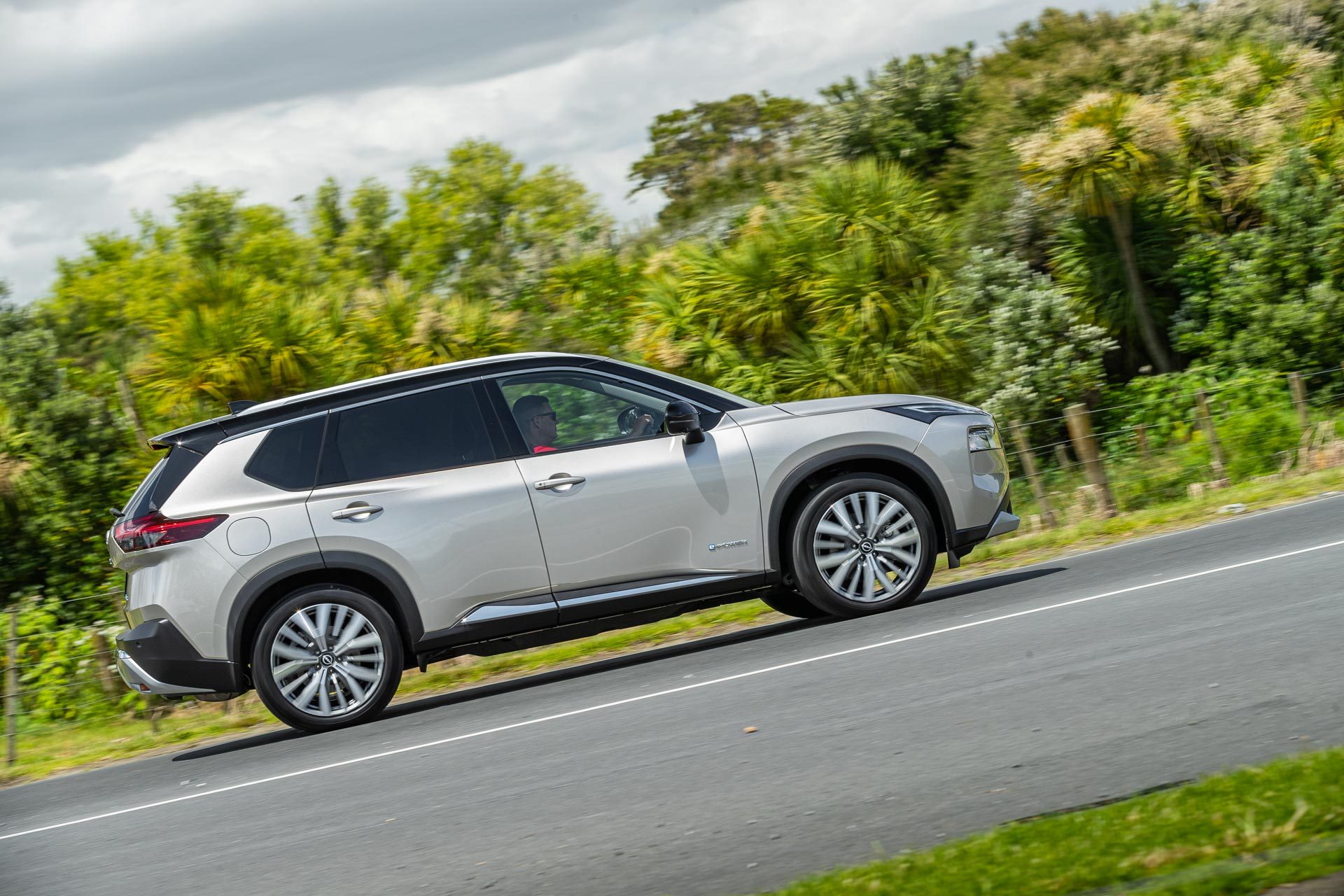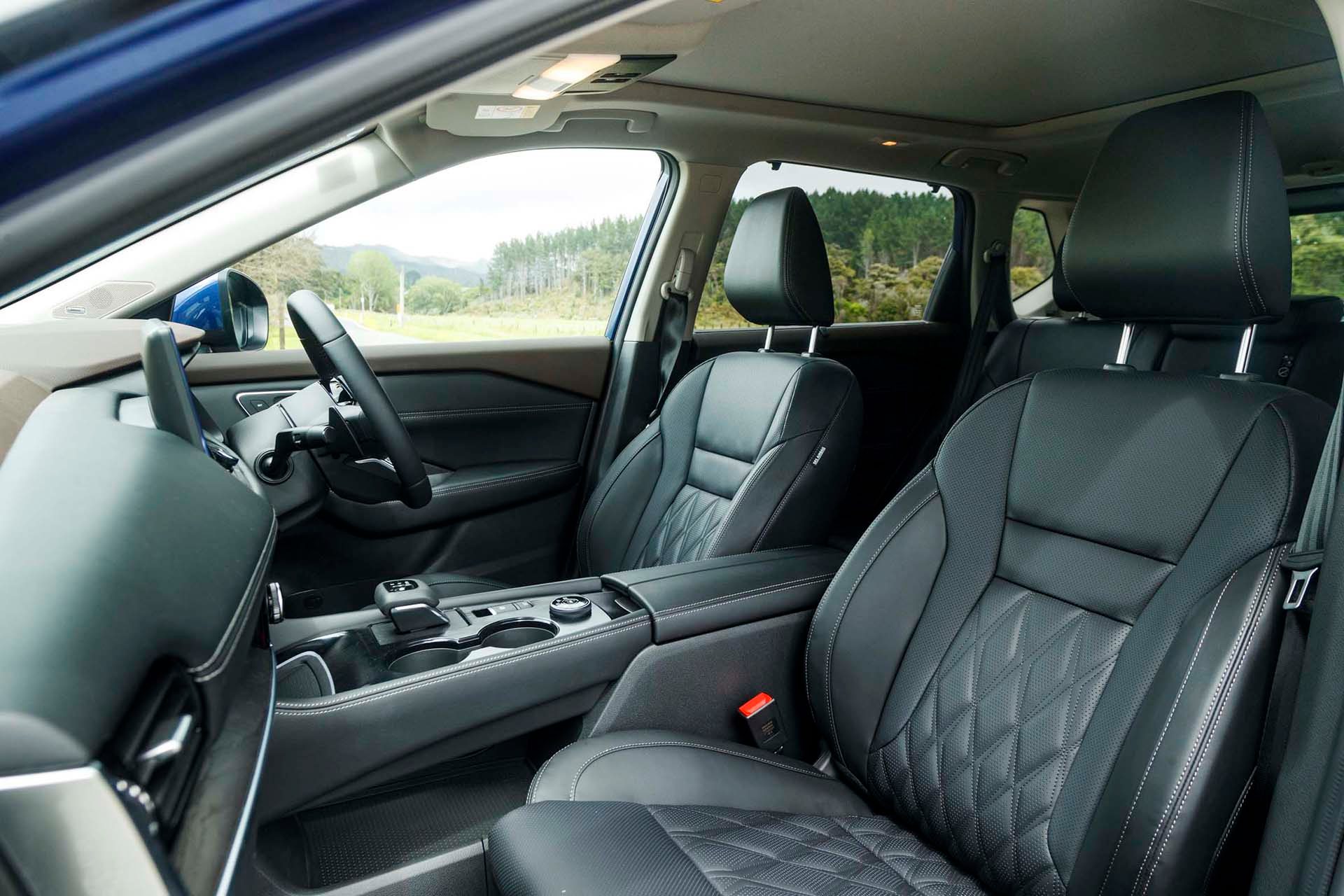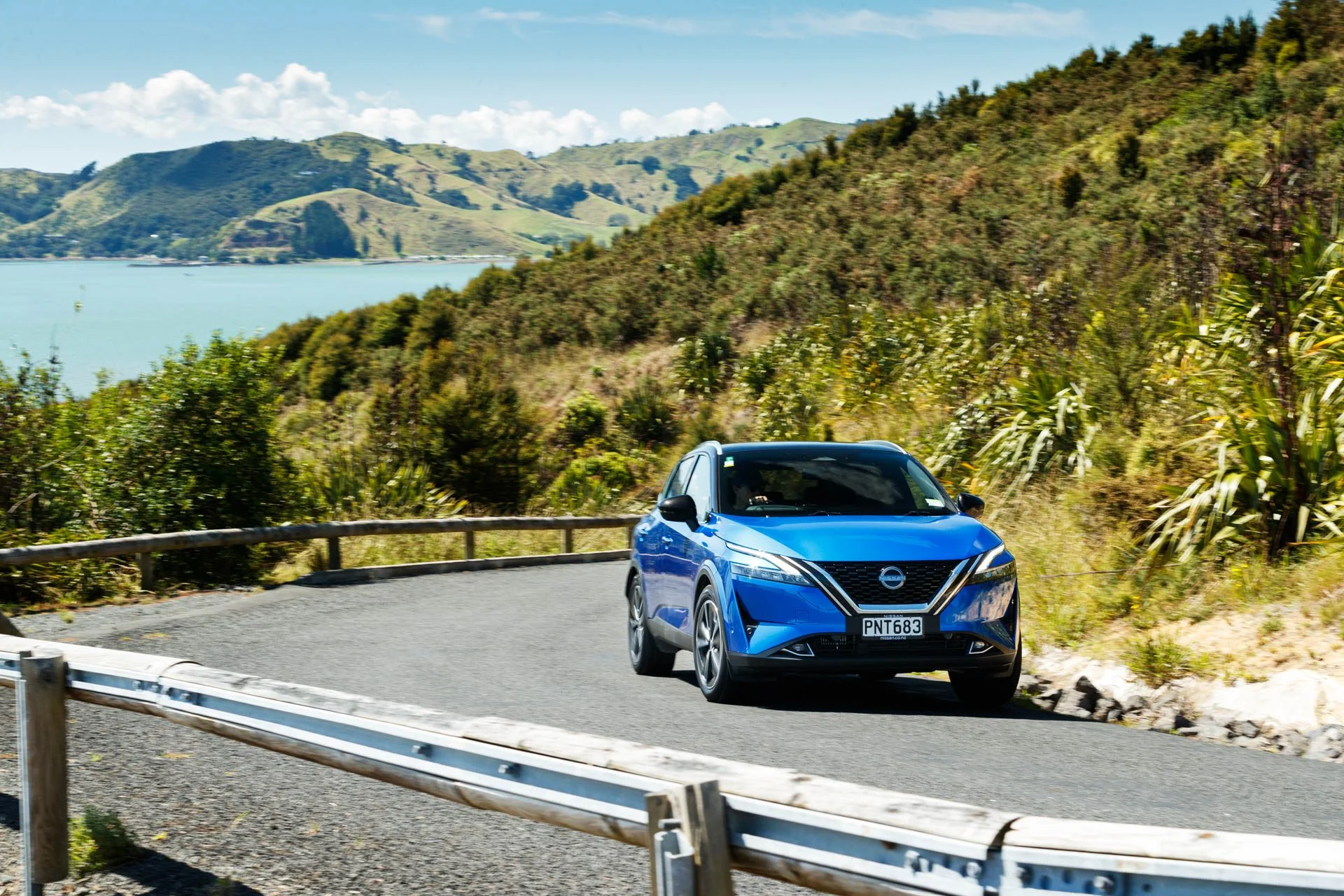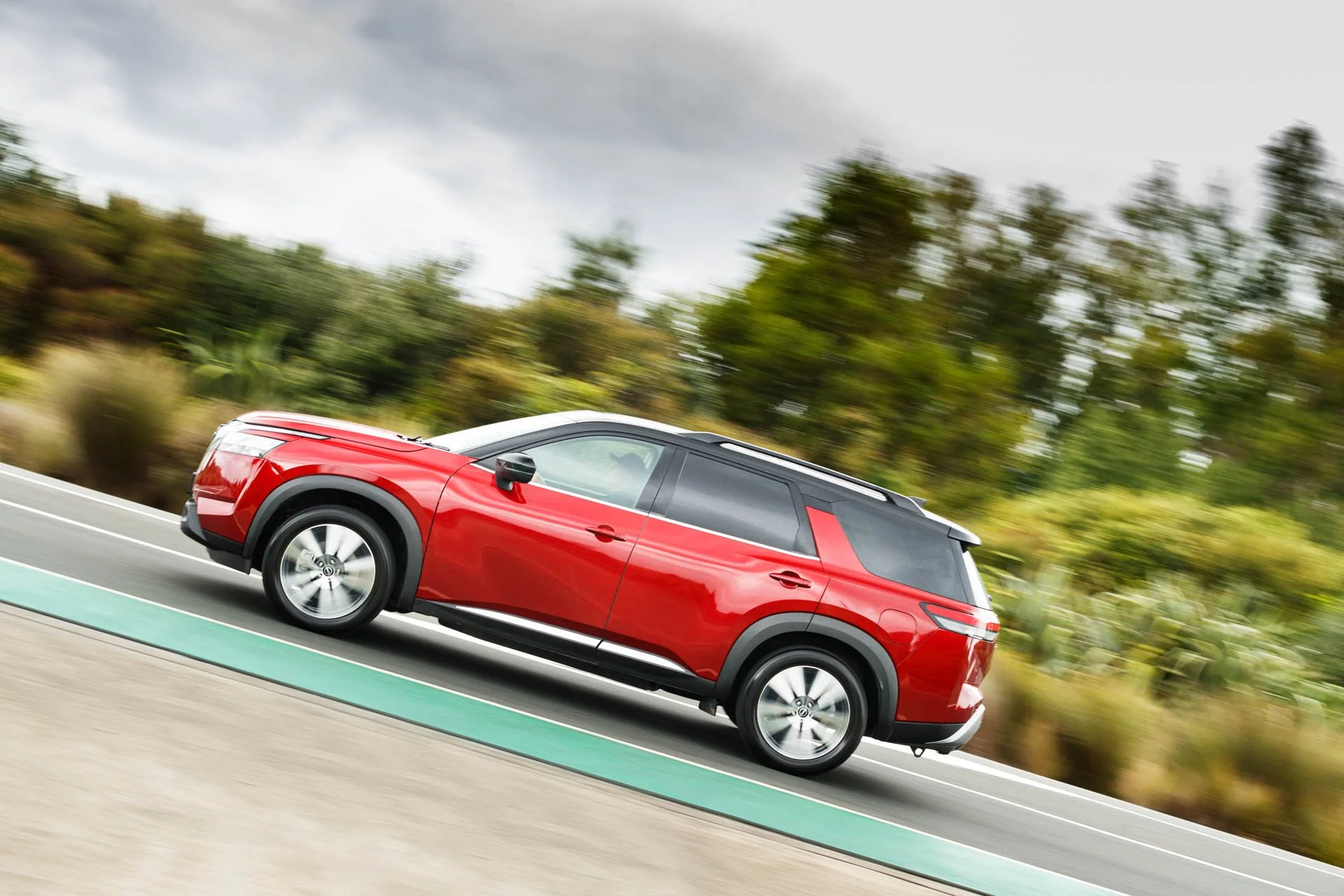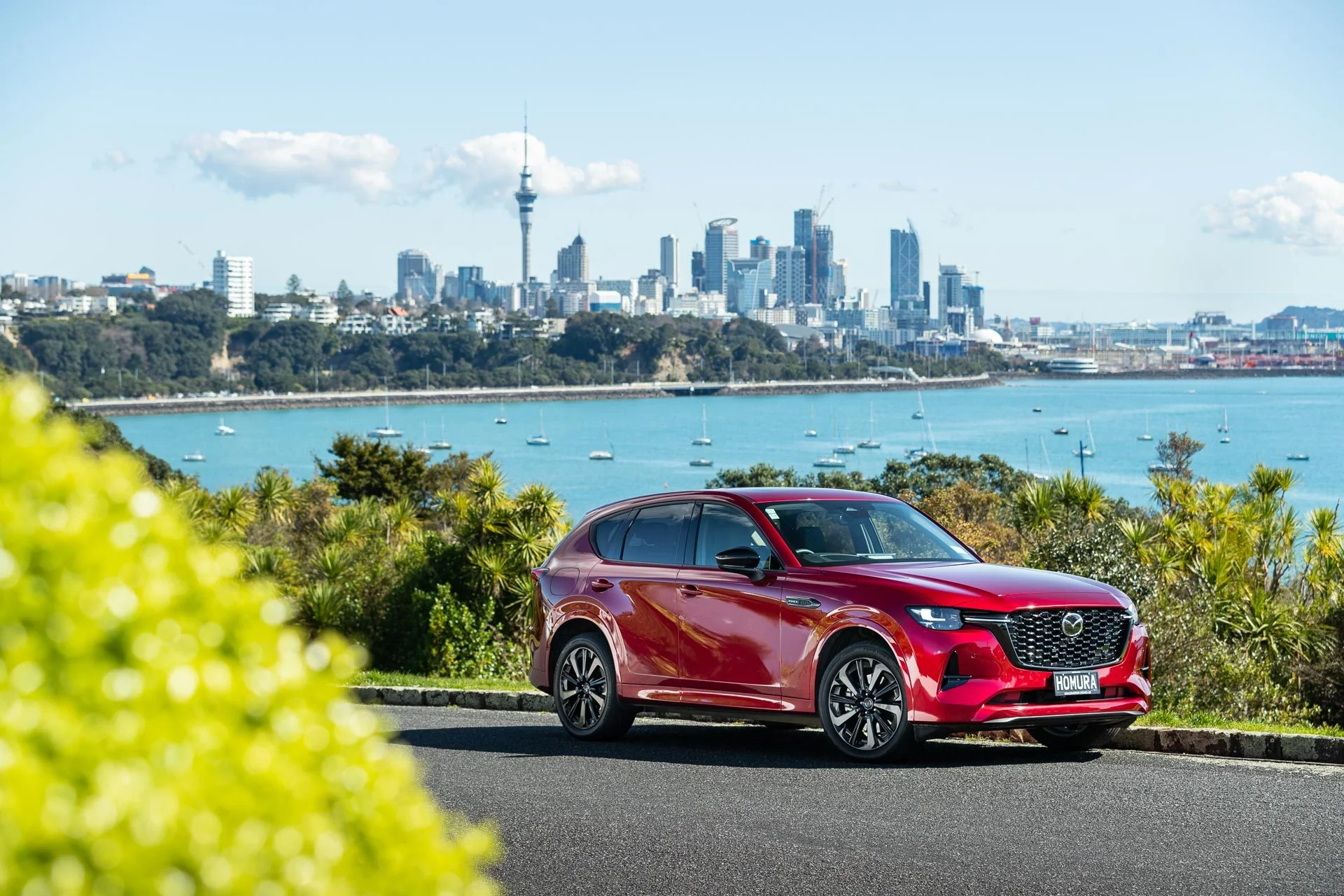Feature article
Nissan X-Trail Review: Buying Guide
The X-Trail is Nissan’s entrant into the ‘medium SUV’ market, NZ’s most popular passenger vehicle segment.

Nissan X-Trail line up in NZ
Nissan e-Power, a different hybrid
Practical and comfy
Nissan X-Trail safety rating
Author
Other articles you might like
